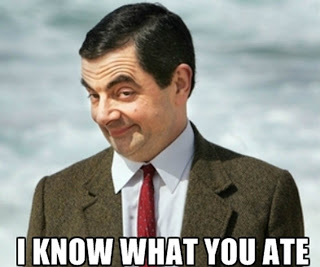
Why worry about NSA, when Google, Facebook, Amazon and many others know what we might be eating. Cameras record our ways to groceries and restaurants, credit cards record our purchases, food chains know our weaknesses, clothes shops know how, as a result, our pant sizes change over time. One day phones will know what we ate too. As both short- and long-term diets change our breath-prints - creating signature metabolites in exhaled breath.
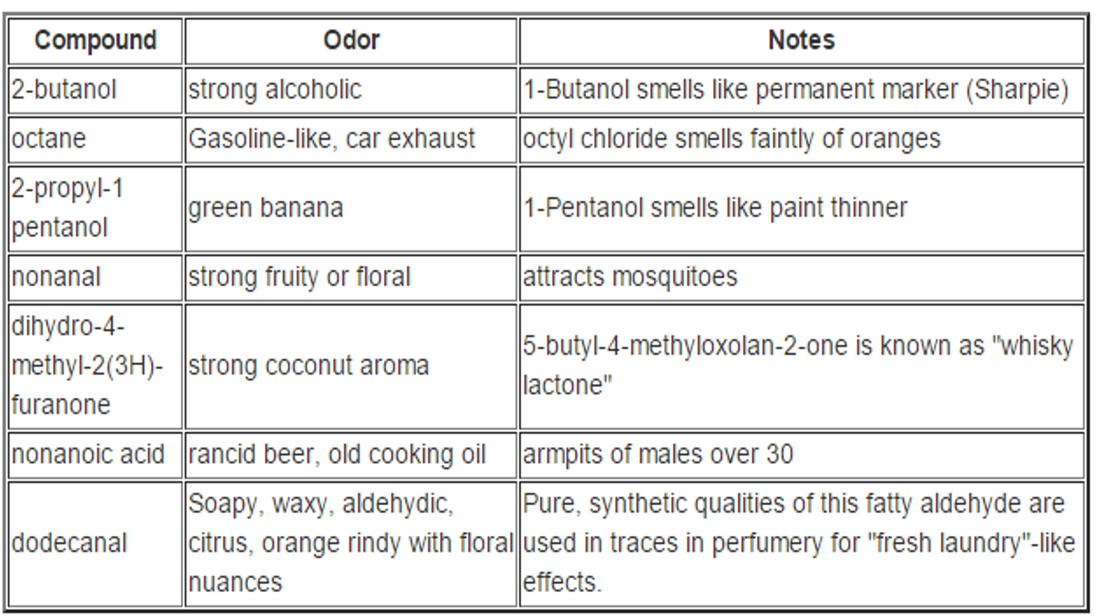
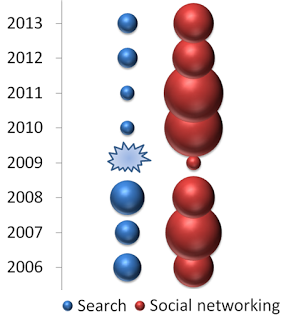
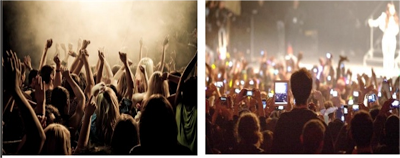
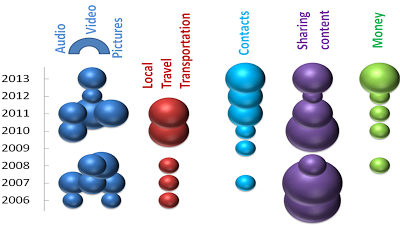
 RSS Feed
RSS Feed
